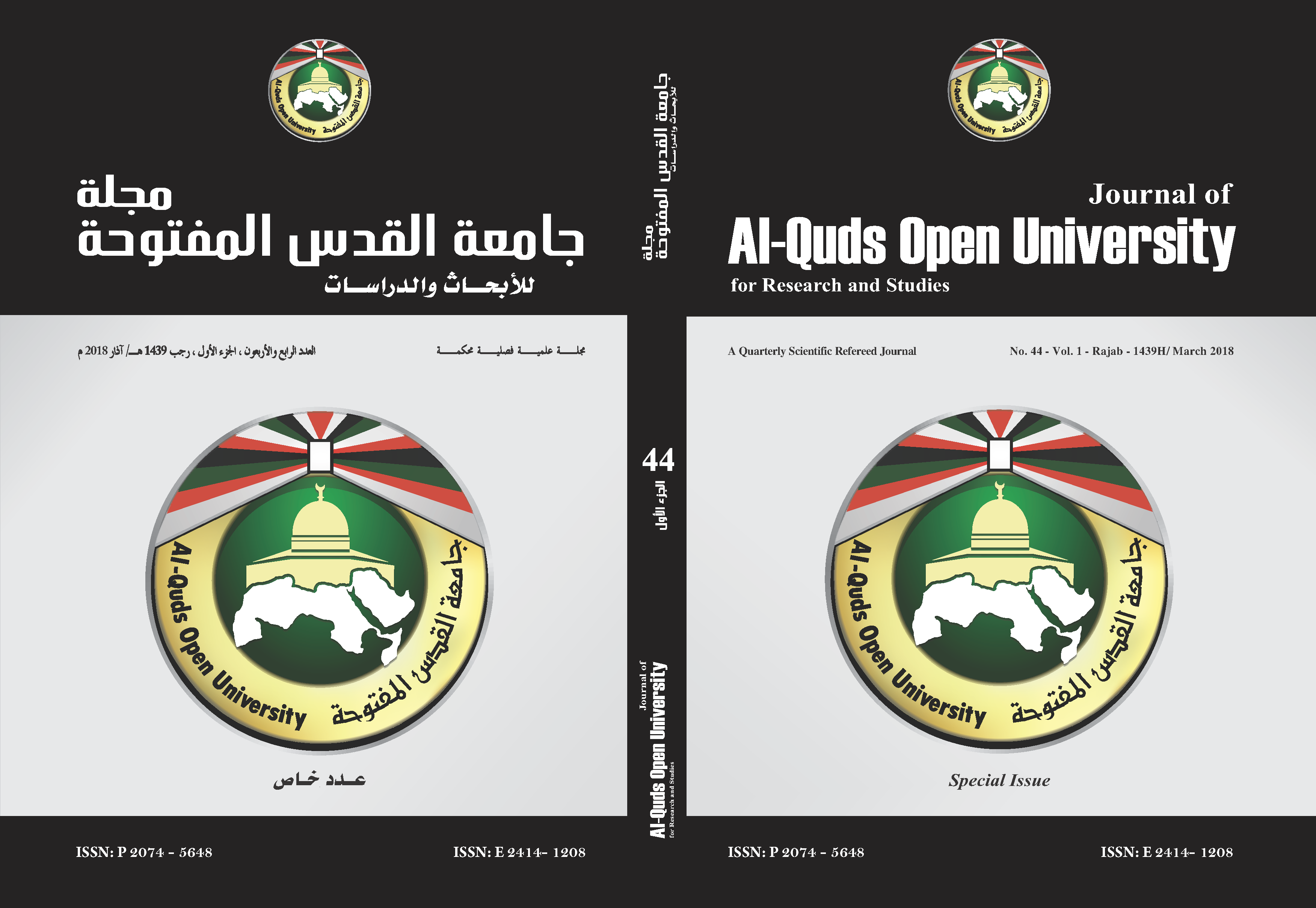Allah (Sunah) Traditionsagainst those who are ingratitude of grace and how to change as it is found in the Holy Qur'an
Keywords:
Allah (Sunah) Traditions, the ingratitude of grace, Glorious Qur'anAbstract
This universe is governed by fixed laws, known as "Divine Traditions" humans deals with them followed by humans in consciousness and insightfully, such as Allah's laws of ingratitude of grace and change it. And because of the lack of clarity of this tradition to many, and the importance of awareness of it, and the scarcity of interest in it, so the idea of studying this tradition in the Holy Qur'an comes as a result. The paper answers several questions such as follow:
What is the concept of the tradition of ingratitude of grace and change it? How does the Holy Qur'an deal with it? What is the importance and significance of its study? What is the duty of Muslim and Islamic nation toward it? The objective of the paper is to define it clearly, to clear out how the Holy Quran deals with it, and to clarify its importance and the duty of the Muslim toward it.
The paper also deals with the concept of the ingratitude of grace and change it, and their interpretations in the Qur'an, how the Qur'an deals with it, and the features of the traditions in it, then the importance of its studying, and the duty of the Muslim toward it, then the conclusion of the search, which is the most important findings are:
The term " Allah (Sunah) Traditions in the ingratitude of grace and change it in the Qur'an" means: the common laws of Allah in the ingratitude of graces and favors, and not thanks and not preserved them.
Stated in the Quran that people who are not ingratitude faces punishment in their life before the punishment in the Judgment Day, and they punished by hunger and fear, or doom and destruction of homes, or the destruction of crops and fruits, and Allah does not take away the grace of a people until they change what they were of obedience and good deeds.
From the features of this Sunah( Traditions of ingratitude of grace and favor) are the following:
It is repeated continuously in all nations, rhetorical style in the formatting of the verse number(58) in Al-Qasaes Surah , the punishment comes related to human behavior like the relation between the attribute and attributive person and giving example for this and the punishment comes as a result of work or comes after work.
Studying this tradition has a great importance in tuned to the behavior from appreciated by, people should not be wiggery by its sustainability, and they should thank Allah, and they should behave well, and the duty of nation to enlighten individuals about it, and take care of the rights of the Allah in his Grace.
Downloads
Published
How to Cite
Issue
Section
License
- The editorial board confirms its commitment to the intellectual property rights
- Researchers also have to commit to the intellectual property rights.
- The research copyrights and publication are owned by the Journal once the researcher is notified about the approval of the paper. The scientific materials published or approved for publishing in the Journal should not be republished unless a written acknowledgment is obtained by the Deanship of Scientific Research.
- Research papers should not be published or republished unless a written acknowledgement is obtained from the Deanship of Scientific Research.
- The researcher has the right to accredit the research to himself, and to place his name on all the copies, editions and volumes published.
- The author has the right to request the accreditation of the published papers to himself.













_2.png)
_.png)
_2.png)
_1.png)
_.png)

